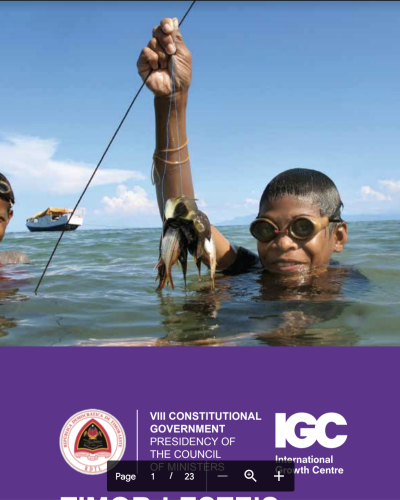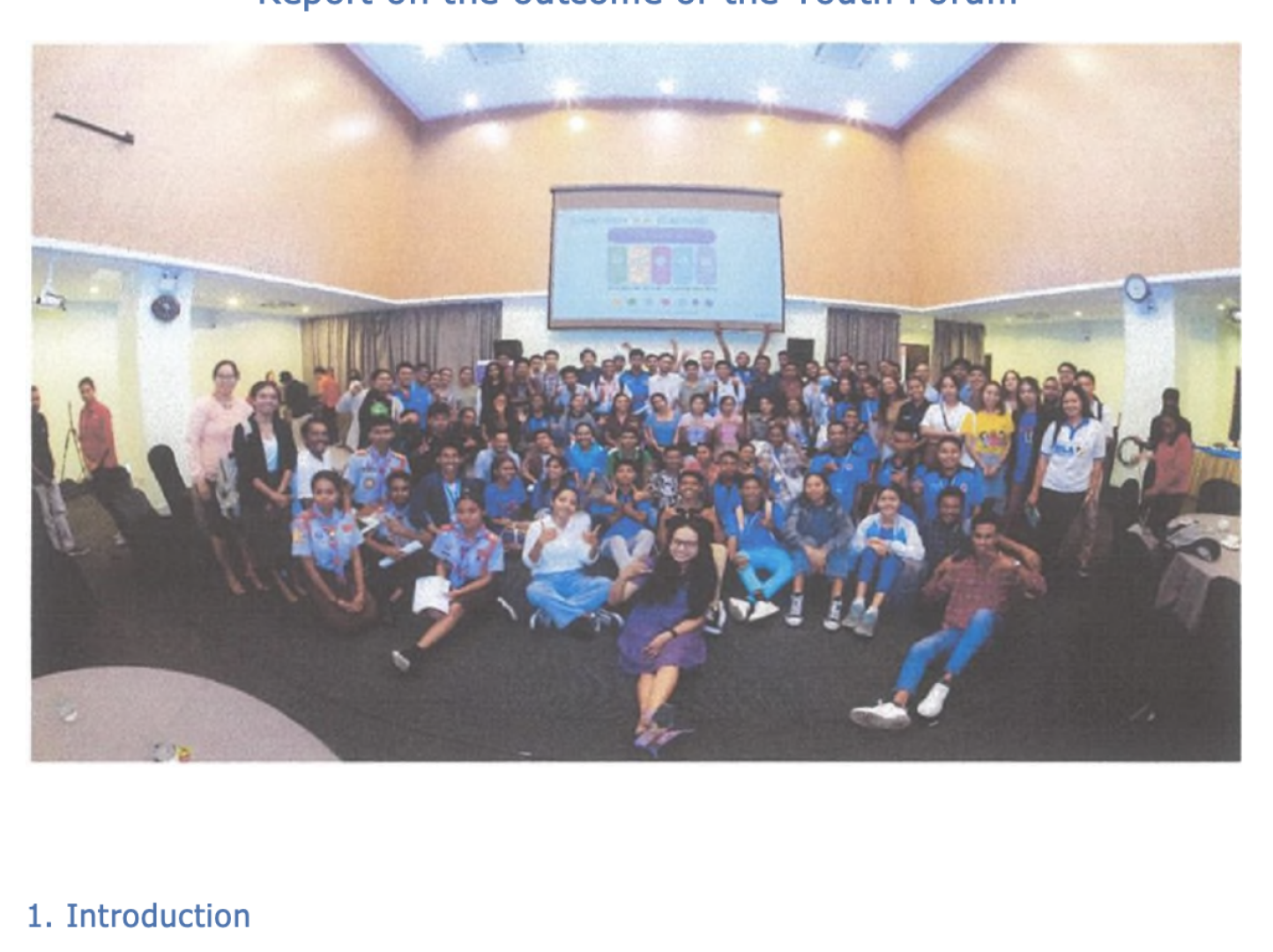Timor-Leste's Drivers of Growth and Sectoral Transformation

Significant challenges continue to hold the country back from transforming the economy and achieving sustainable and inclusive economic
growth. Arguably, the Government finds itself at a pivotal moment to undertake the policies needed to do so.
First, pre-existing complexities and underlying vulnerabilities have deepened since the outbreak of COVID-19. At the macroeconomic level, the World Bank estimates the largest GDP fall since independence, at around-6.8% for 2020. From a microeconomic perspective, the recent UN Socio-Economic Impact Assement argues that one in four households has had one family member lose their job. Moreover, half of surveyed micro, small, and medium entreprises have opted for indefinite closure, and 80% reported financial losses. Second, unless new oil fields are developed and oil prices recover, the Petroleum Fund, which finances most of the government expenditure, will begin to deplete rapidly. Third, the workforce is expanding due to the growing young population, who will demand decent jobs and incomes. Finally, the country has achieved a good level of political stability after a few turbulent years, which offers momentum for positive change.
Given these circumstances, there is an urgency to achieve a sustainable and inclusive economic development transition, as well as the political stability needed to make this possible. The government needs to act swiftly in order ensure strong economic recovery, and build back more resiliently and inclusively post-COVID-19.
Critically, by maximising the development potential of its Petroleum Fund, leveraging its geographic characteristics, and providing productive jobs to a growing workforce, the country has the opportunity to improve its socio-economic development trajectory.
In July 2020, the International Growth Centre (IGC), following a request from the Minister of the Presidency of the Council of Ministers, H.E. Fidelis Leite Magalhães, facilitated by the United Nations Resident Coordinator, Roy Trivedy, agreed to conduct a study on potential drivers of growth and sectoral transformation in Timor-Leste. This paper aims to outline evidence and provide policy recommendations that would guide government policies towards achieving greater economic diversification away from oil and setting the country on a more sustainable development path.
Established in 2008, the International Growth Centre (IGC) is a partnership between two leading British universities: the London School of Economics and Political Science (LSE) and the University of Oxford (Oxford). IGC aims to promote sustainable and inclusive growth in developing countries by providing demand-led, independent policy advice based on frontier research.




















